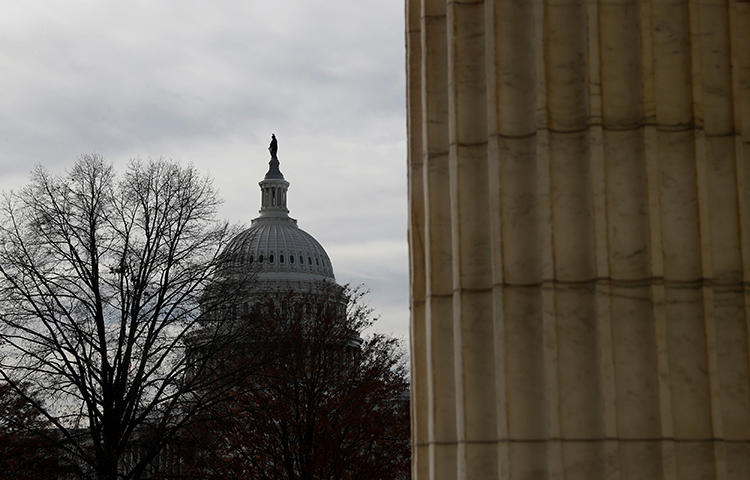
Proposed impeachment press restrictions | Two Iraqi journalists killed in protest
CPJ on Wednesday urged Senate authorities to reconsider proposed restrictions on journalists covering President Trump’s impeachment trial and to consider feedback from the Standing Committee of Correspondents. CPJ argued that increased restrictions would make it more difficult for journalists to cover a major news event and limit the public’s insight into the impeachment proceedings. In…
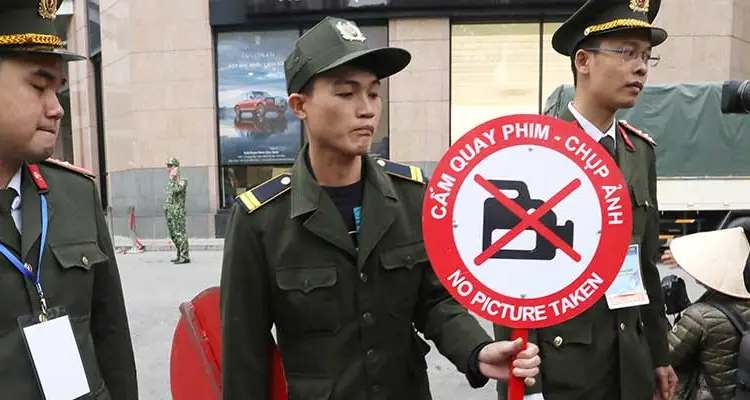
10 Most Censored Countries
Repressive governments use sophisticated digital censorship and surveillance alongside more traditional methods to silence independent media. A special report by the Committee to Protect Journalists. Published September 10, 2019 Eritrea is the world’s most censored country, according to a list compiled by the Committee to Protect Journalists. The list is based on CPJ’s research into the…
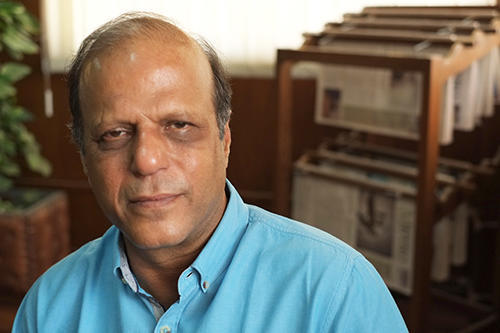
CPJ Insider: August 2019 edition
CPJ awardee Zaffar Abbas: The Pakistani government has decided ‘to kill journalism’ Pressure campaigns by press freedom groups are a vital line of defense against a rapidly deteriorating environment for independent media in Pakistan under Prime Minister Imran Khan, said Zaffar Abbas, the editor of Dawn and CPJ’s 2019 Gwen Ifill Press Freedom Award winner,…
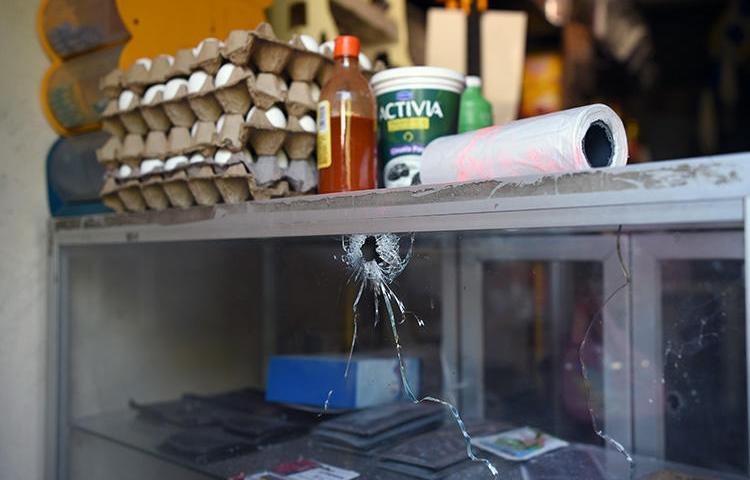
Deadly week in Mexico: Three journalists killed
Do you have five minutes? Please take this survey to help us improve this newsletter. Thank you! Three journalists were killed in Mexico in less than a week. CPJ is investigating to determine if they were killed in retaliation for their work. Jorge Celestino Ruiz Vázquez, a reporter for the newspaper El Gráfico, was shot…
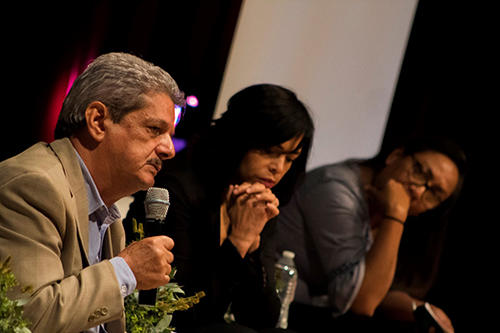
CPJ Insider: July edition
CPJ summit spotlights journalist murders, press freedom climate in Mexico CPJ held a summit on press freedom in Mexico on June 18 with an array of local partners that engaged more than 400 journalists, activists, and government officials in frank conversations about how to tackle an epidemic of journalist murders and improve the media climate…
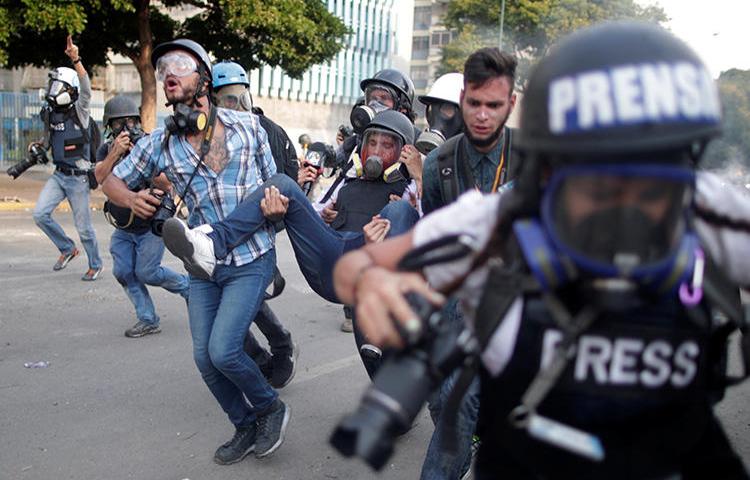
Challenges facing journalists trying to cover latest violence in Venezuela
The long-running political crisis in Venezuela escalated on April 30, 2019, after a civilian and military uprising was thwarted by the government of Nicolás Maduro, according to news reports. Opposition leaders Juan Guaidó and Leopoldo Lopez, accompanied by members of the armed forces, congregated on a highway in eastern Caracas and called upon the armed…
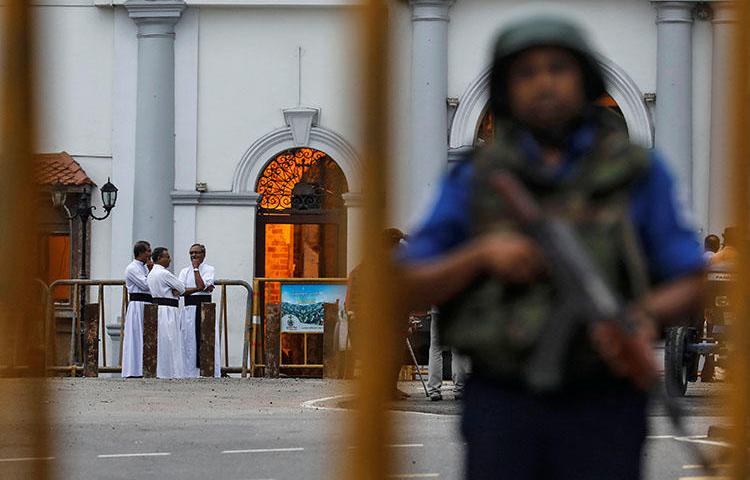
Social media still blocked in Sri Lanka following terror attack
Several social media sites remained blocked in Sri Lanka today, according to NetBlocks, an independent, international civil society group that monitors internet censorship. Sri Lankan authorities blocked the sites, along with several messaging apps, throughout the country on April 21, following a terrorist attack that left more than 253 people dead, according to international news…
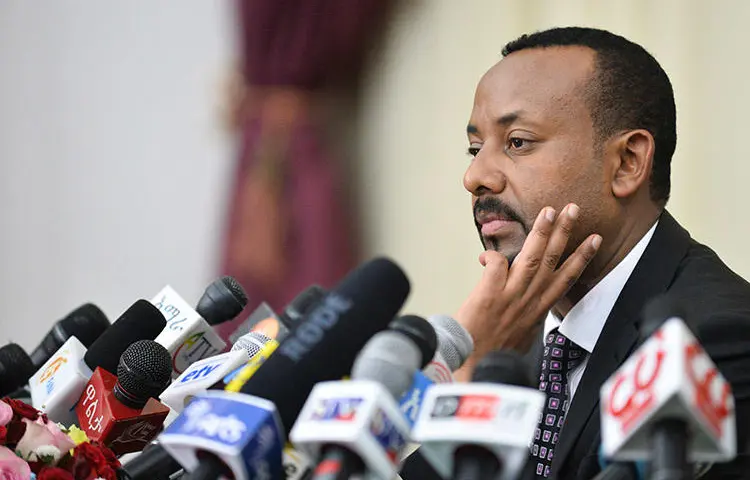
Under Abiy, Ethiopia’s media have more freedom but challenges remain
During a trip to Addis Ababa in January, it was impossible to miss the signs that Ethiopian media are enjoying unprecedented freedom. A flurry of new publications were on the streets. At a public forum that CPJ attended, journalists spoke about positive reforms, but also openly criticized their lack of access to the government. At…

Nazarbayev’s long rule leaves toxic legacy for Kazakhstan’s media
In 2011, I observed an astonishing spectacle in the Respublika newspaper offices in Almaty, Kazakhstan’s financial capital. Journalists were putting a modern-day twist on samizdat, a practice in the Soviet Union whereby dissidents laboriously copied illicit material to circumvent censorship.
